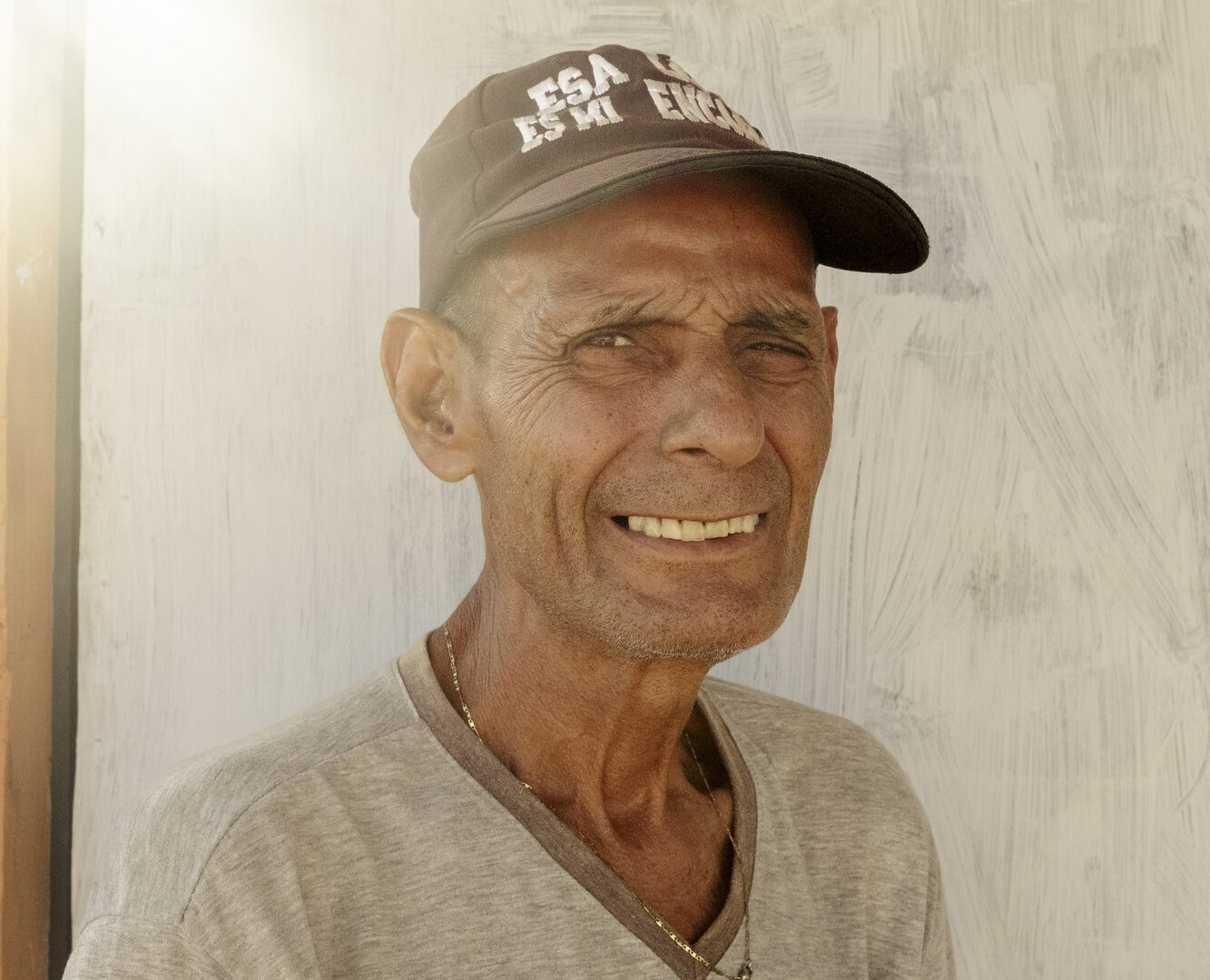HelpAge International’s 2024–25 Learning Report explores how ageism interacts with other forms of discrimination such as ableism and sexism, and how social factors like displacement, poverty, and gender shape older people’s experiences of exclusion.
In collaboration with the University of Edinburgh and partners in Moldova, Libya, Lebanon and Colombia, HelpAge tested and validated the WHO Ageism Scales in diverse contexts — including among older refugees, disaster-affected communities and residents of age-friendly cities. The findings reveal that ageism is rarely experienced in isolation: it intersects with crises, inequality and disability, influencing health, wellbeing, and participation.
The report also captures insights from research commissioned by CBM Australia and the Fred Hollows Foundation on the intersection of ageism and ableism in the Indo-Pacific, and outlines future work in Somalia and Zimbabwe to examine ageism, ableism, and gender in high climate-risk settings.
Key lessons highlight the importance of involving older people meaningfully in research and advocacy, investing in local capacity and inclusive design, and embedding advocacy within research projects to drive change.

